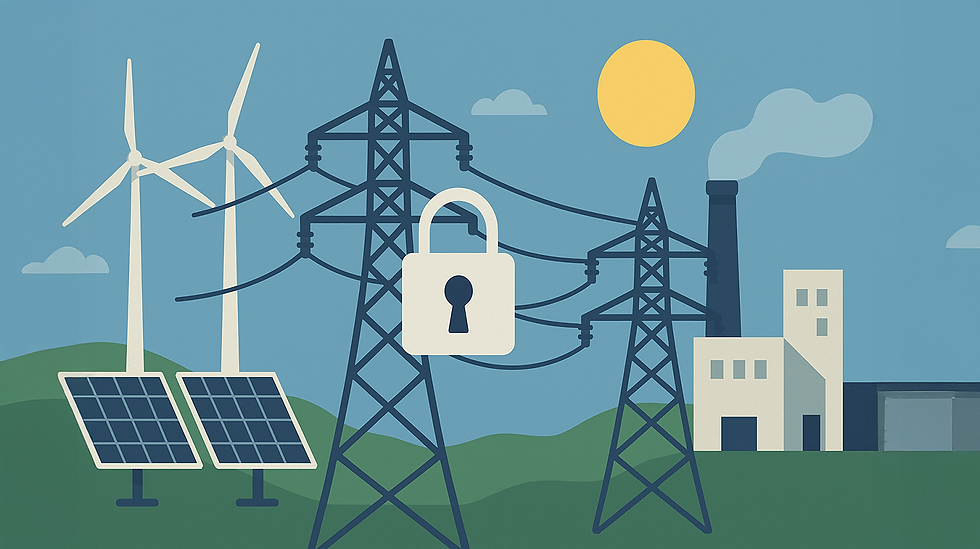Oil Spills: Beyond the Headlines
- Yaein Choi

- Nov 1, 2024
- 2 min read

Oil spills often dominate headlines, with images of oil-soaked birds and blackened shorelines seared into our collective memory. But the devastating impact of these events extends far beyond the immediate aftermath. Oil spills have long-term consequences for marine ecosystems, coastal communities, and economies, with effects that can persist for decades.
Oil spills can cause widespread mortality of marine life. Oil coats the feathers of birds, impairing their ability to fly and regulate their body temperature. Marine mammals can inhale oil, leading to respiratory problems and pneumonia. Fish and invertebrates can suffer from gill damage, organ failure, and developmental abnormalities. Oil also contaminates food sources, disrupting the entire food chain.
The impact on coastal ecosystems can be equally severe. Oil smothers salt marshes, mangroves, and seagrass beds, destroying critical habitats for many species. It can also contaminate sediments, affecting benthic organisms and disrupting the natural processes that maintain healthy ecosystems. The economic consequences can be devastating for coastal communities that rely on fishing, tourism, and other ocean-related industries.
While major oil spills like the Exxon Valdez and Deepwater Horizon serve as stark reminders of the risks associated with oil exploration and transportation, smaller spills occur regularly, often with less media attention. These smaller spills can still have significant local impacts, particularly in sensitive areas like coral reefs and estuaries.
Preventing future oil spills requires a comprehensive approach. Strengthening safety regulations for oil tankers and offshore drilling platforms, investing in new technologies for spill response, and transitioning to cleaner energy sources are all crucial steps. Holding polluters accountable and ensuring adequate compensation for affected communities is also essential.
By learning from past oil spills and taking proactive measures to prevent future disasters, we can protect our oceans and coastal communities from the devastating consequences of oil pollution.



Comments